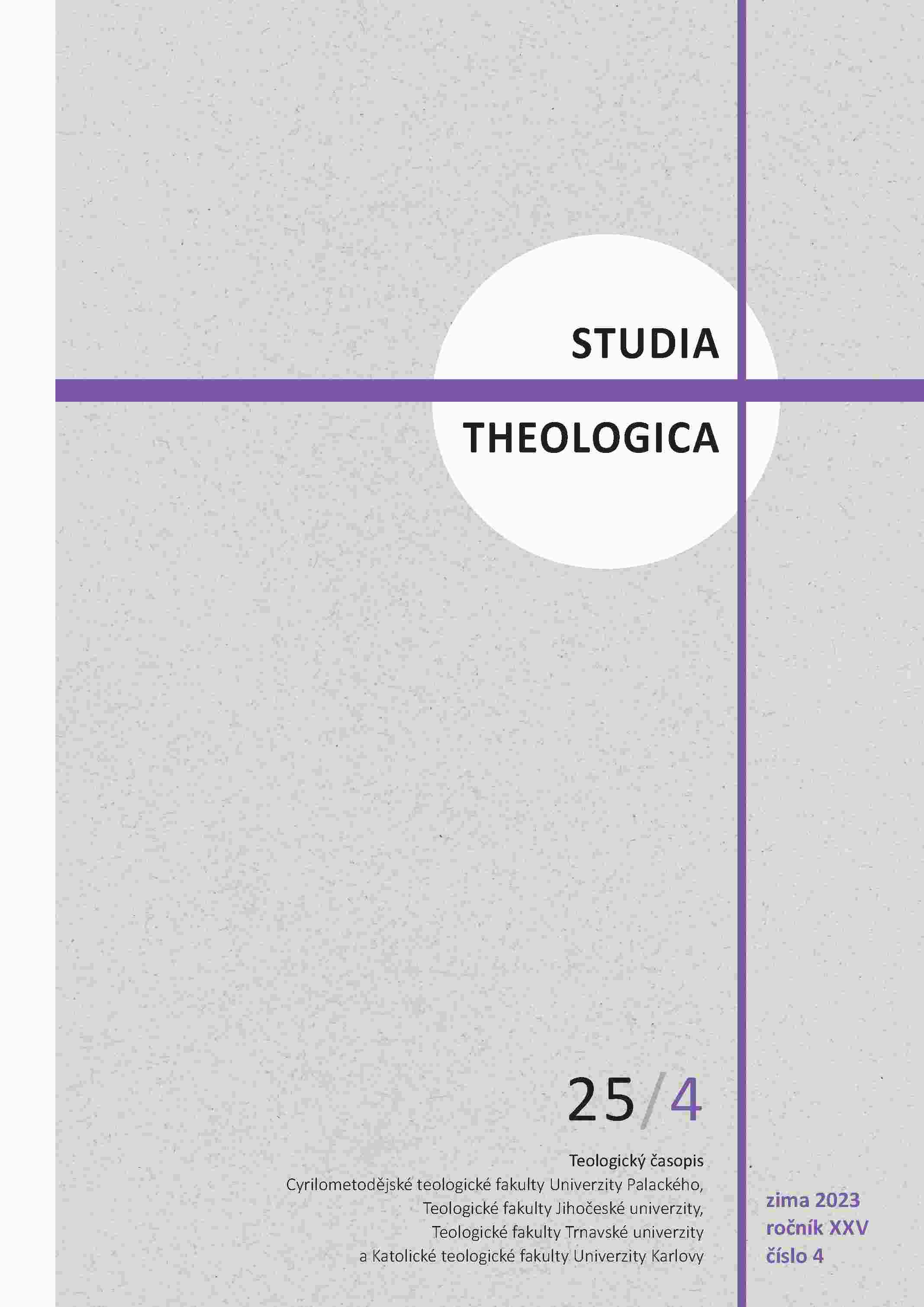Grécka lexikografia a Septuaginta
Greek Lexicography and the Septuagint
An Example of the Lexemes δῶρον, δωρεά, and δωρεάν
Author(s): Helena PanczováSubject(s): Language and Literature Studies, Theology and Religion
Published by: Univerzita Palackého v Olomouci
Keywords: Septuagint; Greek Lexicography; Gift; Sacrifice; Papyri; Inscriptions;
Summary/Abstract: This article provides an outline of the lemmata δῶρον, δωρεά, and δωρεάν under preparation for The Historical and Theological Lexicon of the Septuagint. The lexemes δῶρον and δωρεά are synonymous up to a point (a “gift” that is expected to be repaid in some way) but there is also a significant difference between them. While δῶρον also means “bribe”, “sacrifice”, and “tribute”, the expression δωρεά is used to denote a (royal) “gift of land”, “sponsoring”, and activity “pro bono”, where the collateral meaning is “free of charge, without payment”. This is also the meaning of the adverbial form δωρεάν. The preparation of this material pointed out the importance of papyri and inscriptions for Greek lexicography. It is especially the case of δωρεά and δωρεάν. This new research also found that the Liddel – Scott lexicon is incorrect in this respect: two classical places (Herodotus 5.23, Andokides 1.4) are given as the oldest testimonies of the adverbial δωρεάν, while in fact the meaning here is “gift of land” in exchange for services. The earliest testimonies of δωρεάν are therefore only the inscriptions and papyri.
Journal: Studia theologica
- Issue Year: XXV/2023
- Issue No: 4
- Page Range: 1-24
- Page Count: 24
- Language: Slovak

